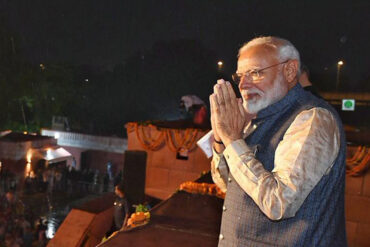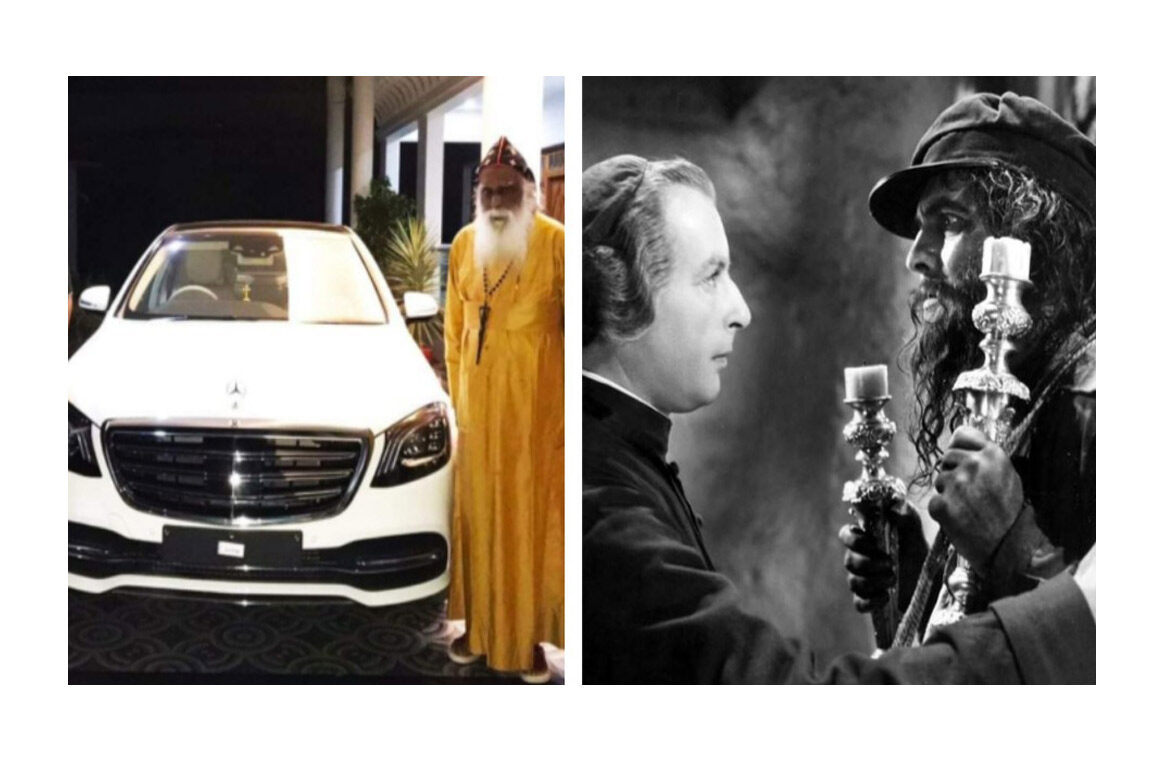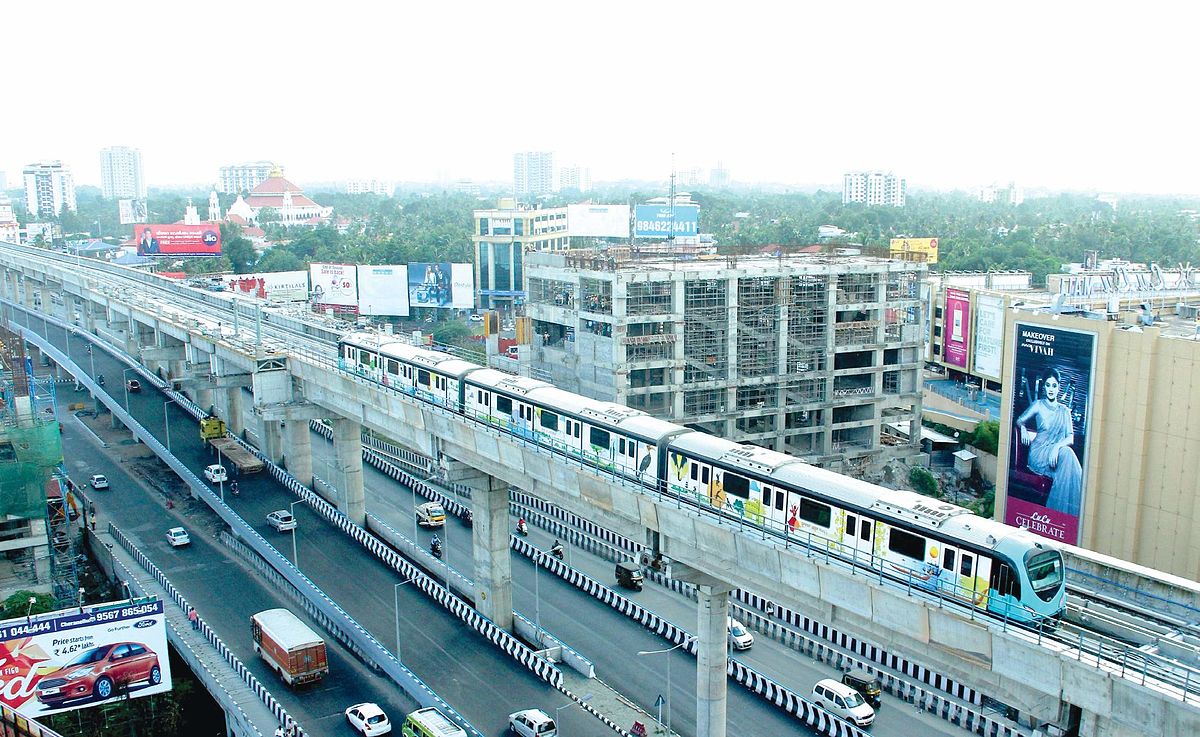I think often of Bishop Charles-Francois-Bienvenu Myriel. He is Victor Hugo’s sketch, in his novel Les Miserable, of what a bishop could be, or ought to be. Bishop Myriel is the ideal. The function of the ideal is to critique the real.
I wonder what bishops today think of Myriel. He exchanges his official residence—the bishop’s palace—for a far smaller, ramshackle accommodation—the next door hospital. He is more mindful of meeting the needs of patients than surrounding himself with luxury and the pomp of office. He lives in a hospital so that patients may live in a palace. Re-located thus, Bishop Myriel is readily accessible to anyone who cares to meet him.
In exchanging a palace for a lowly hospital building, Myriel, in the resonant symbolism of Hugo’s novel, becomes a healer of religion. To Hugo, this is the most fundamental task of a bishop in the modern era: healing religion. Victor Hugo echoes the concern of Jesus: “Physician, heal thyself.” The insight is lost on Christians that religion, not less than individuals here and there, needs healing.
Hugo knew that religion is vulnerable to infections. Ecclesial infections stem from two sources: power and money. So, bishops have a strong affinity to politicians. Bishops combine, as best they can, three ingredients of power: religious authority, political clout and money power. Historically, episcopacy has been quintessentially political.
Church administration is doing politics by other means. What Christians do not realize is that the church is Roman in administration. In its liturgy the church may be religious; but in its administration, the church is purely political.
Consider, again, Bishop Myriel. He keeps an open house. He does not bar his gate against anyone, day or night. He is readily approachable. He knows nothing against which he needs to protect himself. The reason for this is simple: he deems nothing his own. He gives away almost the whole of his salary to charity and lives in un-alloyed simplicity. Hugo demonstrates what the spiritual blessedness of poverty is. (This is the best portrayal I know of Jesus’ teaching: blessed are the poor in spirit.) Being accessible is the soul of out-reach. Hugo’s insight here is profound. You don’t have to go far and wide in search of mission fields. Being open and accessible is the essence of outreach. Your silver candle-stick, if you can purify it of the taint of possessiveness, will illumine the dark soul of desperate human beings, whom Jean Valjean represents.
Victor Hugo portrays Bishop Myriel as a critique of the degradation of the bishops of his times. They had become worldly and political. The story goes that when a certain bishop was proposed to Louis XIV to be the archbishop of Paris, he protested: “For God’s sake, let us have at least one archbishop who believes in Jesus Christ”. What Christians dare not realize is that episcopacy is not a religious but political office.
So, bishops are acting entirely in character when they live, behave and network like politicians. Kerala Christians are split personalities. On the one hand, they wish to believe that their bishops are good shepherds, after the role-model of Jesus Christ. On the other hand, they secretly crave that their bishops exude affluence and radiate worldly power. They imagine their bishops as monarchs, and go to any extent to encourage them to believe that they indeed are. Faith and politics live blended in the Christian psyche.
When the Metropolitan of the Marthoma Church, whose 90th ‘happy birthday’ was celebrated, super-charged with political aura of the most hypnotic kind, acquired a car reportedly costing Rs. 1.4 crores—I know not what to believe—two schools of opinion emerged in the Marthoma fold. One school was upset at this display of outlandish opulence. The other group felt that their Supreme Head deserved to travel in nothing less. I wonder how many Marthomites would like their Metropolitan to be like Hugo’s Bishop Myriel.
Of the two groups mentioned above, the one that expects their Metropolitan to live like an earthly monarch is less hypocritical. None of the spiritual values we expect from our religious leaders is practised by us. None among us wants to live in voluntary poverty, purity or humility. We crave earthly glamour. We are fascinated by power; the more ruthless, the better. That given, it is hypocritical on the part of Christians to expect ideal bishops and Metropolitans to drop from heaven. Bishops emerge from the general human stock, and are made of the self-same common clay.
Now, here’s what Christians need to reckon. As the spiritual culture of the Christian community declines, their bishops come under greater compulsion to rely more and more on the nucleus of political power. They may not be wolves in sheep’s clothing; but they can only be politicians in bishop’s clothing. And if you ask me, ‘What’s the difference?’ you will stun me speechless.
Only two sources of charisma are open to bishops: the spiritual and the political-religious. Charismatic authority of the first kind is what Victor Hugo portrays in Bishop Myriel. He derives his authority from his discipleship to Jesus Christ. In his case, the less he has the more he gains in spiritual authority. He may have, as an accoutrement of office, silver candle-sticks. But their value is not determined by the metal they are made of, but by the light they shine into a desperate soul. So, taking them away (without permission) doesn’t make Jean Valjean a thief in Myriel’s eyes. The spiritual blessedness of voluntary poverty is that, for you, no one is a thief. Everyone is a brother. Light transforms a thief into a brother. If you are free from ownership mentality, taking away becomes the same as giving away. The power of this outlook transforms a thief into a brother.
The second authority is institutional-political. Bishops in this mode may have the appearance of piety, but are politicians, first and foremost. This model inverts the values of Bishop Myriel’s model. If Myriel’s freedom is the freedom to receive all and sundry; the perk of his counterparts in the political model is maximum inaccessibility to the rank and file, complemented with maximum nexus with the political and economic elite. Christians today are almost certain to scorn a bishop like Myriel. They would respect a Metropolitan who has the national clout to get the Prime Minister—the most inaccessible person in India—to grace the occasion. This puts him on par with the previous metropolitan, who was conferred the Padma Bhushan, a coveted national honour. It is a moment of politico-religious climax in the marriage between religion and politics.
Seen sociologically, elites of all kinds, like birds of the same feather, flock together. In point of fact, elites constitute a homogenous entity. It doesn’t matter which breed of elites they are: social, economic, political, religious. Elites are elites. They belong together and are in instinctive solidarity. All societies and communities are over-lorded by this elite corpus. Famished for glamour as we are, we will be disappointed if Metropolitans don’t live like earthly kings. We dig deep into our pockets and finance their worldliness, which is a political merit and a spiritual scandal. The problem is that we don’t know where we ourselves actually stand.
The brunt of all this falls, alas, on priests. They are to bishops what courtiers were to the monarchs in the past. In public they have to seem servants of Jesus Christ. In reality they are bond-slaves of bishops. This fills them—especially the more sincere and spiritually alive among them—with resentment. This potentially dangerous ferment is kept suppressed best with the political clout and earthly pomp of bishops. A meek bishop will bring out the very devil from priests, who are meek only if they are kept under bit and bridle. Bishops know this. And they know how to wield the whip.
The Metropolitan was in ecstasy. Marthomites smacked their lips in satisfaction. The Prime Minister administered a booster shot to the Marthoma ego. A few of the spiritually sensitive, however, felt sick unto death. They shook the dust off their feet and exited the theatre of the absurd. And those that remained lived happily ever after.







